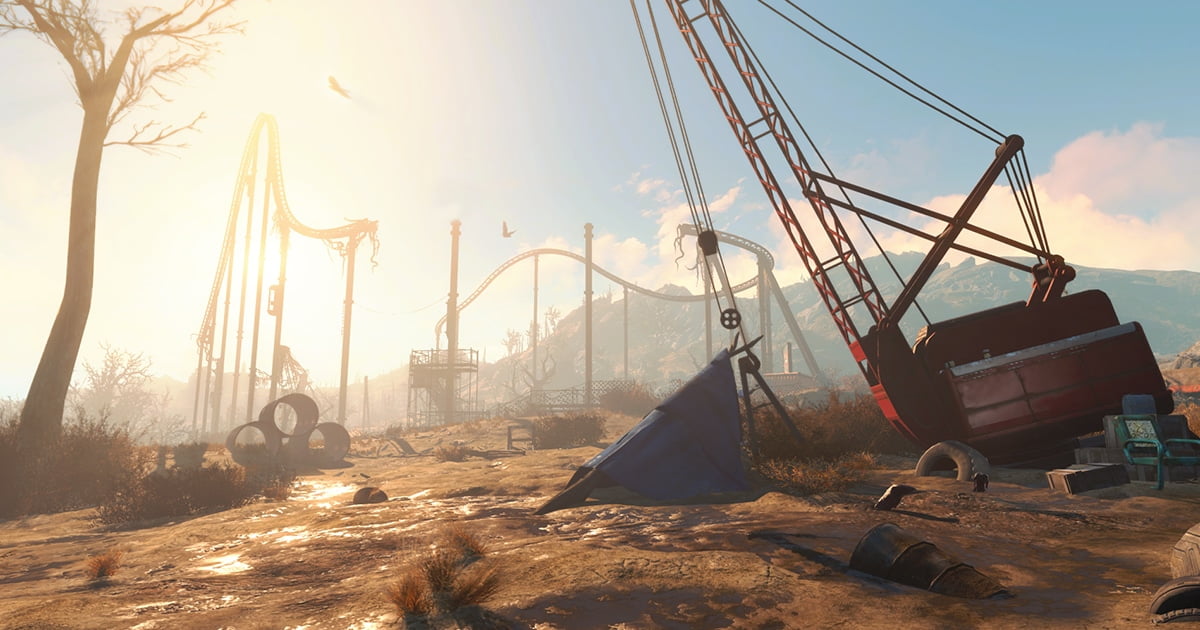Gareth discusses game modding; and whether it’s a good or bad thing… Decades ago you’d have been forgiven for associating Mods with Fred Perry shirts, chunky sideburns and a certain town called ‘Malice’. These days, however, the mods on everyone’s lips are slick, new player-generated content for some of the biggest games on earth.
Modding has taken a serious turn for the mainstream of late with PC players and gamers; with the latest console technology taking advantage of the many things they have to offer. For those of you who may be unfamiliar with the mechanics, mods alter the content of video games to make it operate in a different manner to its original version. This can be as simple as a new colour palette to skin the visuals or as complex as a totally different gameplay mode. If you can dream it, you can pretty much do it!
But, just how do simple players like you or I get into the business of serious modding? Well, strangely, a number of developers and creative teams have actually supplied a great deal of support to the modding community. Huge games like Fallout 4 have been given a Creation Kit where players are offered the tools to be able to turn the Wasteland into even more of a playground than ever before. With a mix of both official and unofficial mods now available in the games, you could find yourself playing a product that’s almost unrecognisable from the original retail release.
Of course, not everyone is so keen to allow the fruits of their labour to be so easily altered by outsiders. Many other developers have chosen to totally block attempts at customisation by enclosing them in heavily-policed copyright or Intellectual Property Regimes. There’s obviously a major disparity of feelings around the merits of modding in the gaming community, but why do creatives with such similar standpoints take such a different view on it?
The debate around whether mods are a hindrance or a help for video game developers has raged for quite some time. On the one hand, it’s easy to see why certain parties would be opposed to giving up so much control over their product. After all, how would a studio’s reputation stand up if they released a mediocre game into the world only to have it improved dramatically by a community of players? Developers run a rough gauntlet in a hyper-critical society these days; it’s not difficult to imagine why they’d like to avoid any further wrath.
Mods allow players to enjoy an experience that’s essentially the same as one that they have already been through, but with enough variety to make it feel worthwhile again. You may get the chance to play through a story with different gear and abilities, or perhaps even take on a totally unique and off-the-wall challenge.
If it takes a handful of free, user-created mods to keep players from abandoning one game in favour of something new from a competitor, why not embrace that? With so many studios now vying to release new IP’s annually and to keep us faithful to ongoing sequels, letting a willing community of volunteers manage the upkeep of existing titles is surely a no brainer? Not only does it free up valuable time for new properties to be properly honed, but it also allows the teams to keep an eye on what content is proving popular in the community as they prepare for those sequels.
While not everyone is currently convinced by the merits of an active modding community in modern gaming, surely the positives outweigh the hypothetical negatives by now? Developers face a tough task in keeping hungry gamers happy year after year, so it makes sense that they would be happy for us to bear some of that burden.
Like the Sam to their Frodo, we may not to be able to carry it ourselves, but we sure as heck will try to carry them along when they need us!
Share your thoughts on game modding in the discussion forum – just follow the link in the purple box below!story byGareth Cartwright
